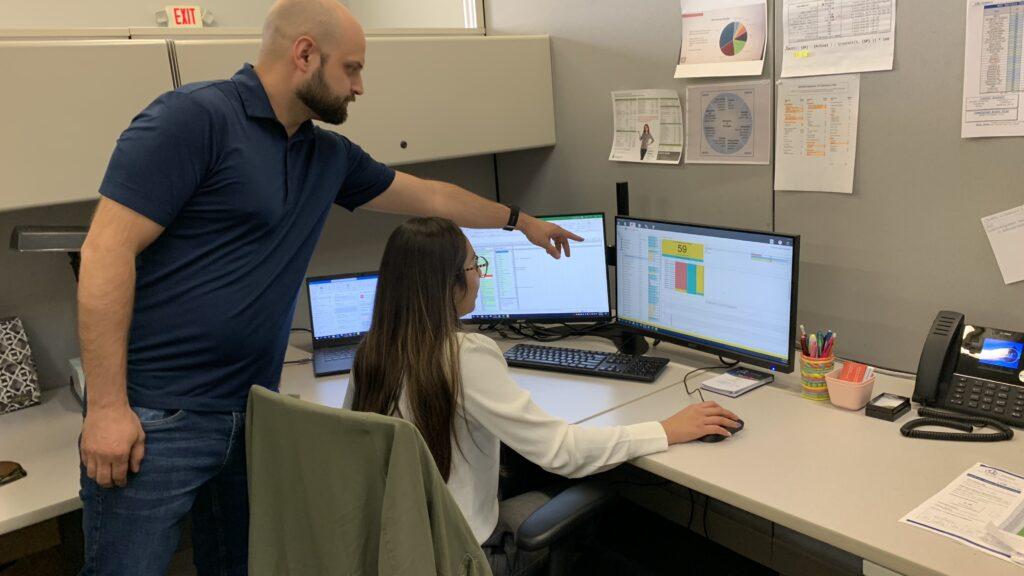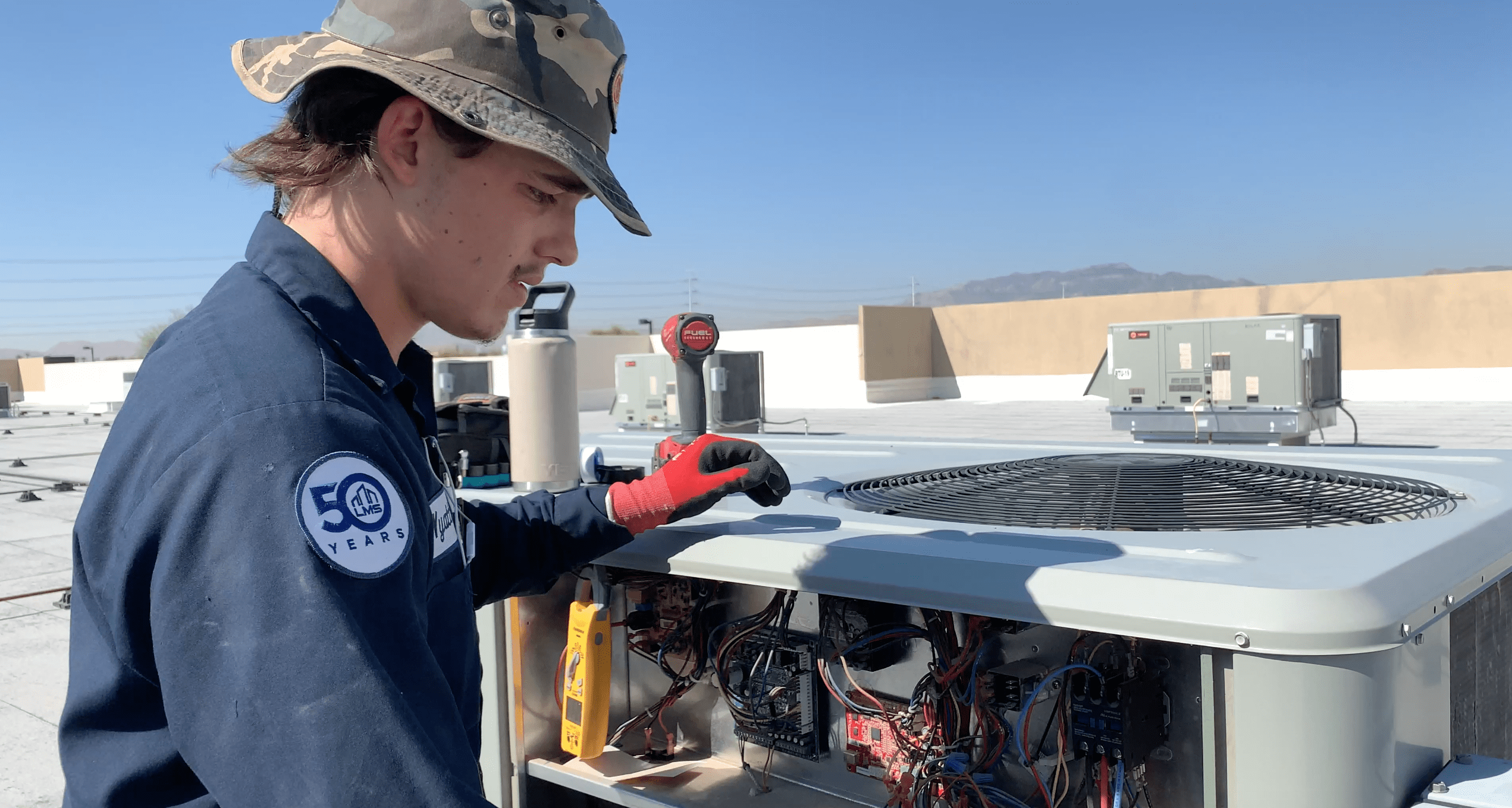There’s no doubt that the HVAC industry is in demand. HVAC (Heating, Ventilation & Air Conditioning) was considered an essential service during the COVID-19 pandemic, which employed people in the industry. In addition, indoor air quality and comfort reached high importance for people across the world, and this boosted the HVAC industry even more. But, there have always been many reasons why HVAC is a viable career choice. And not just for HVAC technicians! Read on.
COOL FOR MANY REASONS
HVAC is a career for those who want job stability, security, and continuous opportunities to work in a constantly evolving field. HVAC is also a career for people who want to positively impact the community and the world by creating comfortable and healthy indoor spaces.
HVAC FOR EVERYONE
The HVAC industry always needs skilled technicians, but like in any industry, the HVAC industry needs specialists in every area. These include finance, client services, sales, dispatch, administrative support, project management, engineering, marketing, estimating, and more. Working in any specialty area for an HVAC company offers the opportunity to work in a dynamic industry that directly impacts people in your city in any part of the world.
INNOVATION
The HVAC industry is constantly innovating itself. HVAC companies can now monitor the systems and equipment in buildings through real-time monitoring to deliver unmatched support and forecasts. In addition, the industry has a massive push to go green.

EARLY CAREER
For a student right out of high school, HVAC offers a great alternative to earning a two- or four-year degree at a private or public university, which can be expensive. After or even during HVAC trade school, many HVAC companies even hire and train from within.
Career paths (here are just a few…)
Commercial Technician
Commercial HVAC Technicians work on units for commercial industries like manufacturers, commercial HVAC companies, and commercial businesses, such as restaurants, office buildings, hotels, retail stores, and more. In addition to having technical skills to repair and maintain cooling and heating systems, most successful technicians have good relationship development skills to connect with clients, business owners, and managers of the facilities they may work for. Commercial service technicians are trained to work in many conditions and maintain systems on a seasonal basis. They may often be responsible for repairing commercial HVAC and refrigeration systems, repairing or replacing worn or defective parts, repairing or replacing pumps, pneumatic values, and
Sales
HVAC Sales Representatives are professionals who connect companies, contractors, and other customers with HVAC equipment and service. To effectively represent and sell HVAC products and services, good relationships are the key, like in any sales role. Therefore, much time is spent developing and nurturing relationships with prospective and existing clients. For example, in multi-tenant housing, relationships could include various end users, from staff at apartment communities to key decision-makers at property management companies. Ultimately, salespeople help grow the business.
Automated Controls
Building Automation Technicians/Controls Technicians have the unique opportunity to utilize problem-solving skills and put their technical interests to the test. They are responsible for building quality automation controls for HVAC systems and providing project engineering and technical oversight. Some typical responsibilities include servicing and maintaining building automation systems, installing new systems and controllers, participating in solution-based discussions with owners and project managers, and assisting in the startup and commissioning of large systems.
Design/Engineering
For those who want to further their education, particularly to enter engineering, a career as an HVAC engineer is attractive. An HVAC engineer is a mechanical engineer who designs ventilation, conditioning, and heating systems for buildings. They design HVAC and plumbing systems with various forms of delivery. Engineers also work with teams of mechanical, electrical, and civil engineers on project engineering, management, and support. They develop HVAC design/build project plans for engineering and estimation, balance multiple priorities, and respond to changes in a deadline, scope, and design as they occur. However, engineers also make great salespeople!
HVAC JOB SECURITY
There’s always a need for HVAC, so technicians are in high demand. This makes a career as an HVAC technician a lucrative one. HVAC is also a great field for virtually any area of the business, from dispatch, human resources, and accounting, to sales and marketing. According to the Bureau of Labor Statistics, employment in the HVAC industry is projected to grow 15 percent from 2016-2026, much faster than the average for all occupations. The diversity of job opportunities and advancement in systems makes this industry an attractive and rewarding career.
